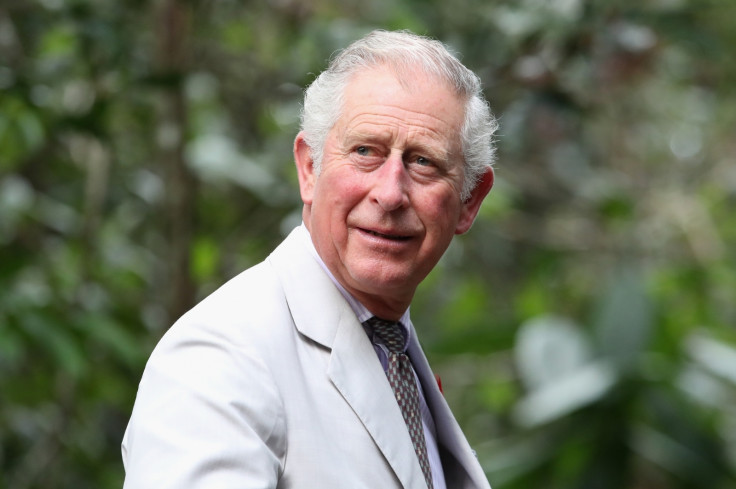Paradise Papers: Prince Charles lobbied on climate policy after $113,500 investment in offshore firm
The Duchy of Cornwall said Prince Charles did not have any 'direct involvement in investment decisions'.
Prince Charles campaigned on climate policy without revealing his private estate had an offshore financial interest that would benefit from a rule change. The revelation is the latest to emerge since the Paradise Papers were leaked.
The financial documents leak show the Duchy of Cornwall secretly purchased $113,500 worth of shares in a Bermuda company in 2007, that would benefit from the policy changes Prince Charles was promoting, the BBC reported.
The duchy was introduced to Sustainable Forestry Management Ltd. by its director, Hugh van Cutsem, a millionaire horse breeder who met Prince Charles when the two attended Cambridge University in the 1960s, according to The Guardian.
The duchy's decision to buy shares was considered to by highly sensitive and the company's board members were sworn to secrecy, the Guardian reported. Though the estate did not receive any tax advantage, its decision to financially back a company of a close friend of the prince and keep its estimated $100,000 stake a secret opens the duchy to serious questions.
Some question whether the duchy should have publicly announced its investment in a company that may have benefited from the prince's continued support for conservation projects.
In a statement to BBC Panorama, a Clarence House spokesman said the Prince of Wales had "certainly never chosen to speak out on a topic simply because of a company that it may have invested in.
"In the case of climate change his views are well known, indeed he has been warning of the threat of global warming to our environment for over 30 years."
The spokesman said Prince Charles was "free to offer thoughts and suggestions on a wide range of topics" and "cares deeply" about the issues of climate change, but noted "it is for others to decide whether to take the advice".
The duchy also noted that Prince Charles did not have any "direct involvement in investment decisions".

The documents in the Paradise Papers also revealed that the Duchy of Cornwall made offshore investments totalling $3.9m in four funds in the Cayman Islands in 2007. These investments are legal and do not suggest tax avoidance, the BBC noted.
A spokesman for the duchy said the prince voluntarily pays income tax on any revenue from his estate. He added that the investments "do not derive any tax advantage whatsoever based on their location or any other aspect of their structure and there is no loss of revenue to HMRC as a result".
The latest disclosures from the Pardise Papers confirmed the need for more transparency, Labour MP and tax campaigner Margaret Hodge told the Guardian.
"It seems to clear to me that Prince Charles could not have known or understood the nature of the investment in his friend's company," she said.
"What is clear is that there should be proper transparency of all investments made by the Duchy of Cornwall, that the Prince of Wales should not be involved in investment decisions and that the Treasury should monitor the investments to ensure that the reputation and integrity of our royal family is protected."
The Duchy of Cornwall, a private estate established in 1337, is held by the eldest surviving son of the monarch and heir to the throne. The duchy owns 53,00 hectares of land in 23 counties, the Guardian noted. It had assets of £913m in April 2017.






















